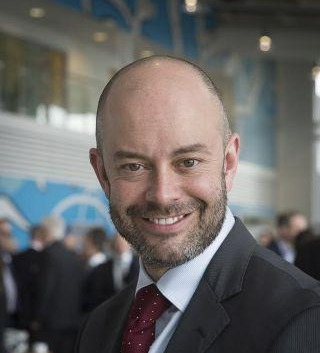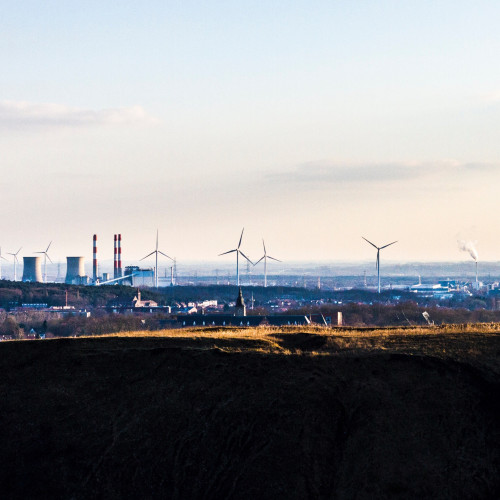Today’s increasing focus on energy security and climate change demands that countries across Europe and the globe make urgent plans for the rollout of new nuclear power.
The UK’s own needs are significant, requiring nuclear to generate 25% of its electricity by the year 2050, the plans for which are being coordinated by a new body called Great British Nuclear. With nearly all of the UK’s existing nuclear generation planned for retirement before the year 2030, the 24GW target amounts to approximately eight large and 30 small modular reactors being delivered in less than 28 years.
This will strain every sinew of our nuclear eco-system, from regulatory and financing through to skilled personnel and supply chain capacity. However, history proves that a major nuclear rollout is possible (at one time, Bechtel had 10 nuclear construction projects under way per year), but only when it is approached as a major industrial enterprise, with bi-partisan commitment. This challenge also brings massive opportunity for the UK, through the creation of high-skilled and high-paid jobs in some of the country’s most economically challenged regions and in re-energising our once world-leading nuclear supply chain.
We should prioritise nuclear reactor technologies that are commercially proven, coupled with teams that have a track record of successful nuclear project delivery. For Wylfa, on Anglesey, widely regarded as the UK’s best site for a large nuclear power station, Bechtel has been working in partnership with Westinghouse on a plan to construct AP1000 plants, leveraging lessons-learned from the team now delivering Vogtle Units 3 & 4 in Georgia, USA.
On August 4, 2022, Vogtle Unit 3 received approval from the U.S. Nuclear Regulatory Commission to load fuel. As of this writing, the plant owner, Georgia Power, is completing the final preparations to load fuel and begin the process of starting up the plant.
Meanwhile, Unit 4 is now 96% complete and is moving towards the final systems testing. This is first in a generation of new nuclear delivery in the United States, with detailed lessons-learned and a match-fit team ready to bring that knowledge and experience to de-risk the project at Wylfa.
Global market competition for nuclear is growing, not least close to home in Europe where new nuclear is in the near-term energy plans of a number of countries. Poland is committing to six new large-scale reactors to come online between 2033 and 2043, France plans to build 6 of its own new EPR 2 reactors and the Czech Republic is pressing ahead with two new reactors, not to mention all of the ambitions for new SMRs.
The world seems to grow more uncertain with the passing of each day. One of the world’s first nuclear nations, the UK must get out of the blocks urgently on its new projects. This would unlock the additional benefit of de-risking delivery and achieving value for money, especially if we work closely with allies and likeminded partners, remembering that a nuclear partnership is a 100-year commitment.
This article is part of the NNWI Forum 2022 series.








